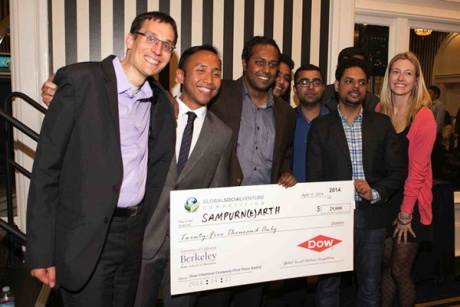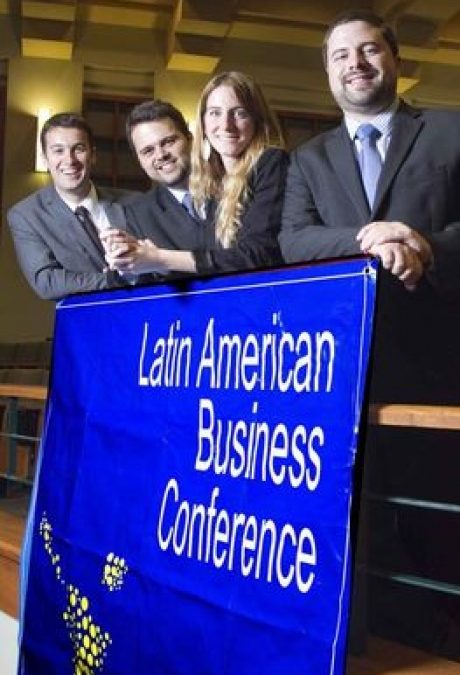
Peer Effects in the Demand for Energy in Mexico
by Lucas Davis (Berkeley- Haas)
From 2009–2012, Mexico implemented a national energy-efficiency program that replaced 1.9 million aging refrigerators and air conditioners with modern, efficient models. This research will study whether participation in the program by a neighbor made households more likely to participate or otherwise reduce their electricity usage. Peer effects in energy-efficiency decisions are potentially very important, yet there are no credible empirical estimates of their presence or magnitude. Mexico’s appliance replacement program is an ideal setting for evaluating these types of peer effects. It was conducted at a huge scale, making it particularly worthy of careful evaluation. Though exceptional in size, its design is typical of energy-efficiency programs in many countries, so findings may be of broad interest. Because participation was limited to households with historic monthly electricity consumption above a set threshold, this project can compare the neighbors of households who were barely eligible to the neighbors of households who were barely ineligible. This allows for highly credible and transparent measurement of peer effects. Preliminary evidence finds substantial peer effects concentrated within 1-2 months from the time of participation. The timing and size of the effect suggest that program awareness may be particiularly important in affecting energy-efficiency program participation.
Topics
Development
Initiatives
International Trade & Development








